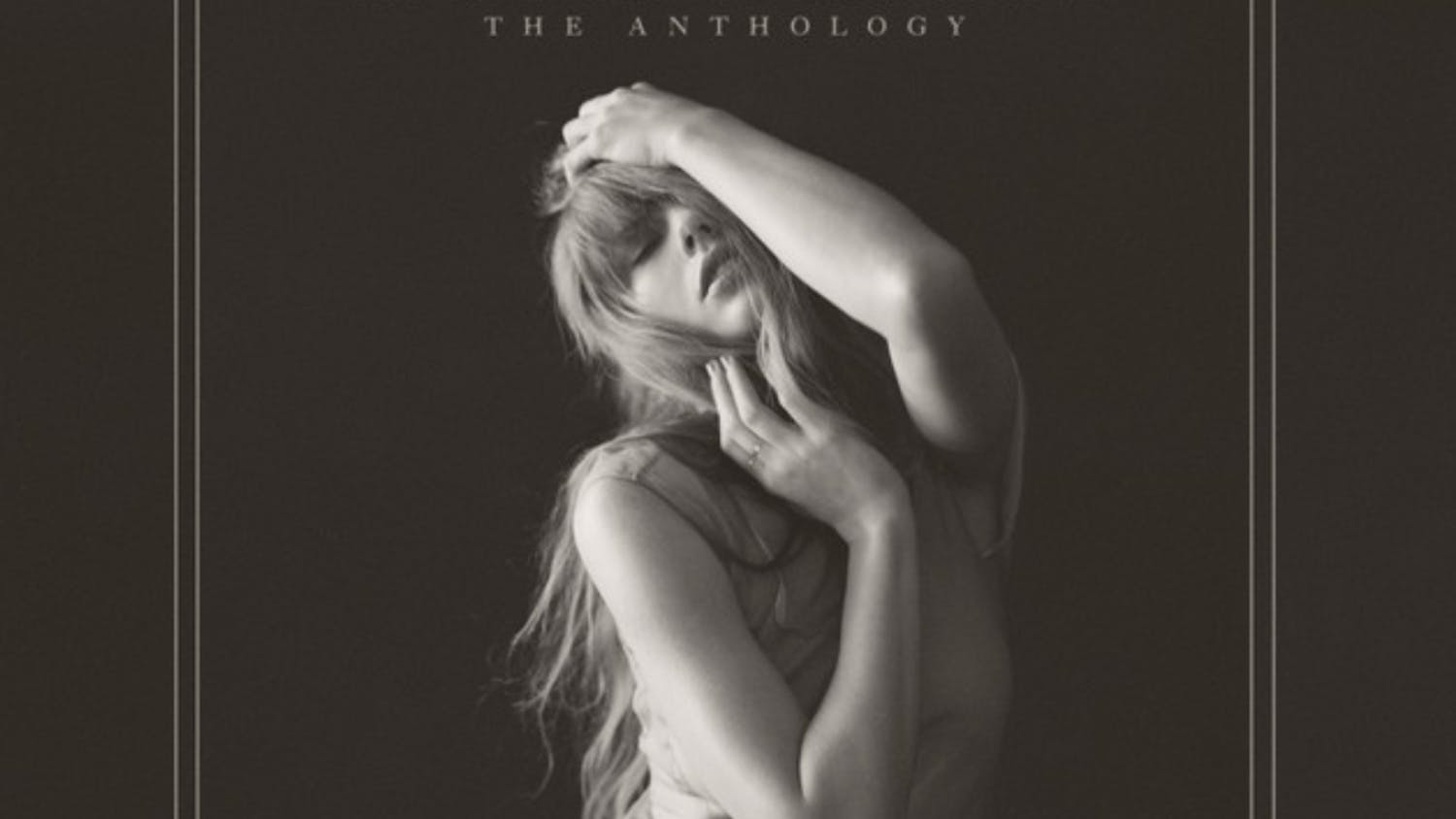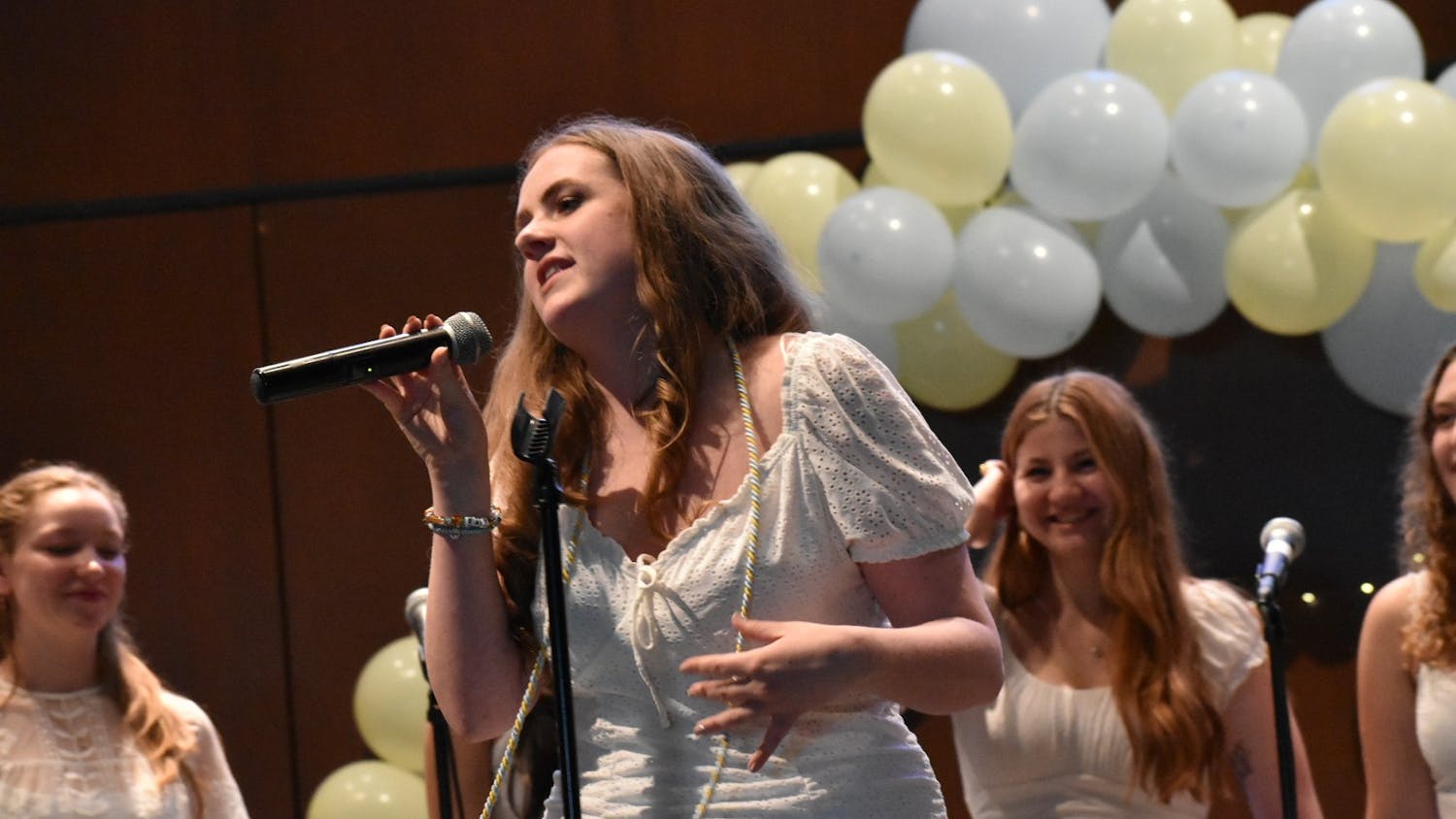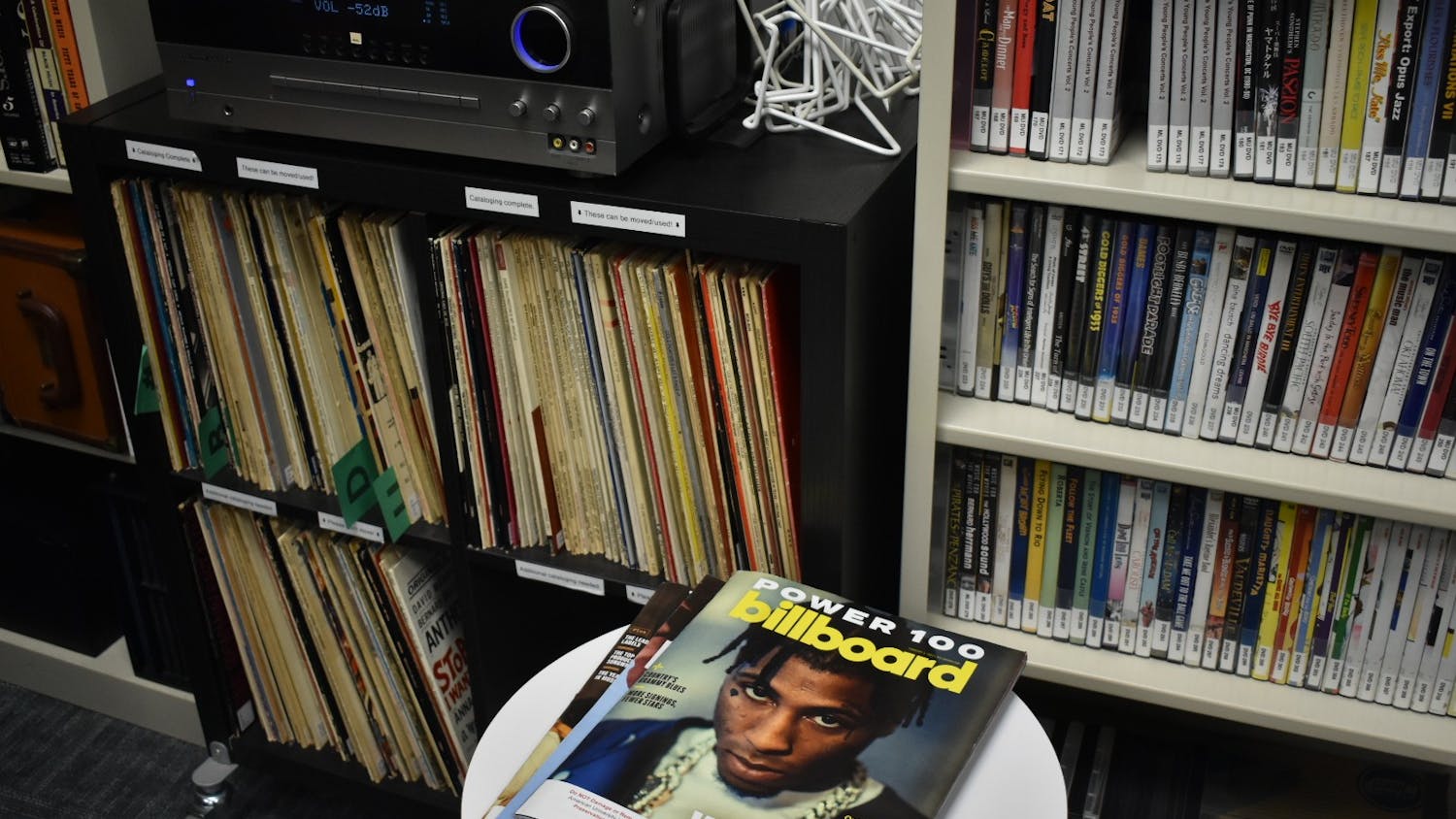Director Jim Mickle and co-writer Nick Damici only watched the Spanish horror film “We Are What We Are” before working on their script for the 2013 remake. His take the horror film tells the story a family that keeps to itself with a dark secret that comes to light during the events of the film.
The Eagle spoke with Jim Mickle about what sparked his interest in the horror genre and his favorite audience reactions to the film.
Emily Woo: What got you so interested into the horror film genre?
Jim Mickle: I wanted to be a magician when I was like 10 because of my grandfather, which somehow led to being interested in special effects. I started watching movies to get a sense of what was happening in special effects, which got me into watching a lot of horror films. I was really afraid of horror films when I was a kid, but I got to a point where I was more fascinated by the creatures in them. When I saw “Army of Darkness,” it was the first time that I really recognized the filmmaking and thought that this is what I want to do; it brings everything that I’m interested in into one art form.
EW: So do you think you were a weird kid since all you did was watch horror films?
JM: Oh yeah, definitely. But you know, we’re also the nicest people. You go to a lot of film festivals and you meet people in the field. The horror people are the coolest people in the world. They’re the nicest, most charming, most accommodating people. Usually the more f**ked up their movies are, the nicer they are in person. Then when I meet people who do romantic comedies, they’re all repressed.
EW: Why cannibalism as a subject matter?
JM: I never set out to make a trilogy of people eating other people. But what I liked was that it was not all about cannibalism. There was a backdrop to the movie that deals with a lot of other things. I think that’s interesting in horror films, when they can present bigger themes and wider issues.
EW: What was a “bigger theme” that you hoped to portray with “We Are What We Are”?
JM: The rigidity of religion and faith, how that can be corrupted whether by time or human nature. How family values come about and how they can be warped and twisted. The cannibalism acts as the stand in for that.
EW: What makes you makes you cringe? What grosses you out?
JM: Organized religion
EW: What is your favorite audience reaction to your film?
JM: We had one at the Deauville Festival in France a couple weeks ago that was absolutely ape-shit. It was about 1,500 people and it was the biggest theater I have ever been in with an epic screen and spotlights everywhere. So I sat down and it was mostly Deauville townspeople who are all older, upper class, bourgeois French folk who have probably never seen a horror movie in their life. As soon as the last scene of the movie kicked in, the audience went ape-shit and half the audience stood up and booed the film while yelling curses at me in French and stomped loudly out the theatre. The other half of the crowd then stood up and cheered the film while ushering them out. When we went out to the press conference afterwards, half of the people were cheering and the other half were yelling “scandal!” and “get out of France!”
EW: How does that make you feel when people have such negative reactions?
JM: I don’t mind much, but I like when they have extreme reactions because then I know I didn’t create something forgettable.
EW: I have to ask, why did you have the daughters eat their father?
JM: I think the movie plays a lot with nature versus nurture and it questions whether you do things because you’re born that way or if you were raised that way. I really wanted to portray both sides of that and for me, it was a beautiful ending for all the characters.
EW: This film isn’t really entirely gore, or horror or even artsy. What would you categorize it as?
JM: All of the above. I like films that can’t be categorized and I hope I can continue making them that way. I get bored with films because you can sort of predict what is going to happen.
“We Are What We Are” comes out in theaters everywhere on Oct. 11.




